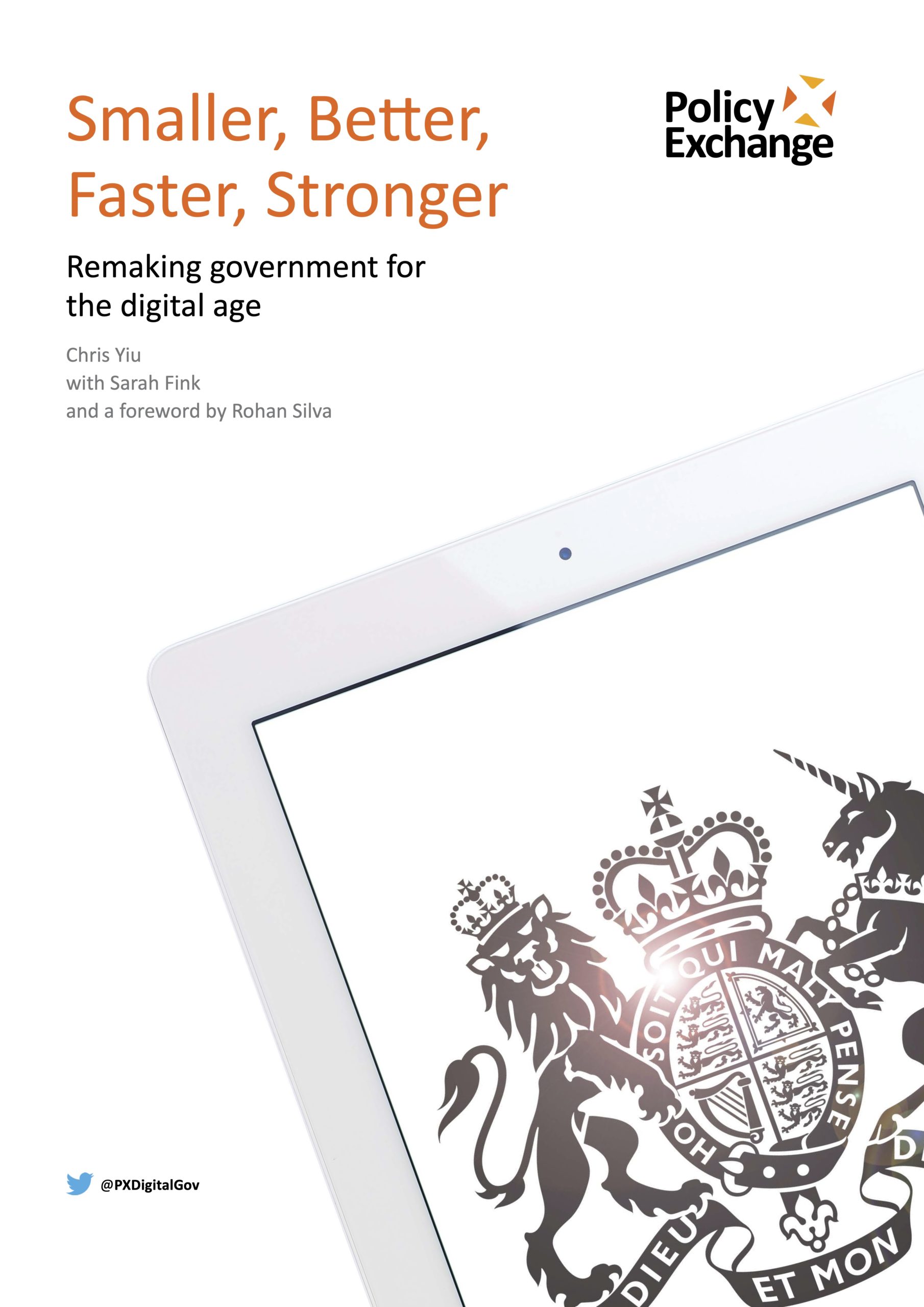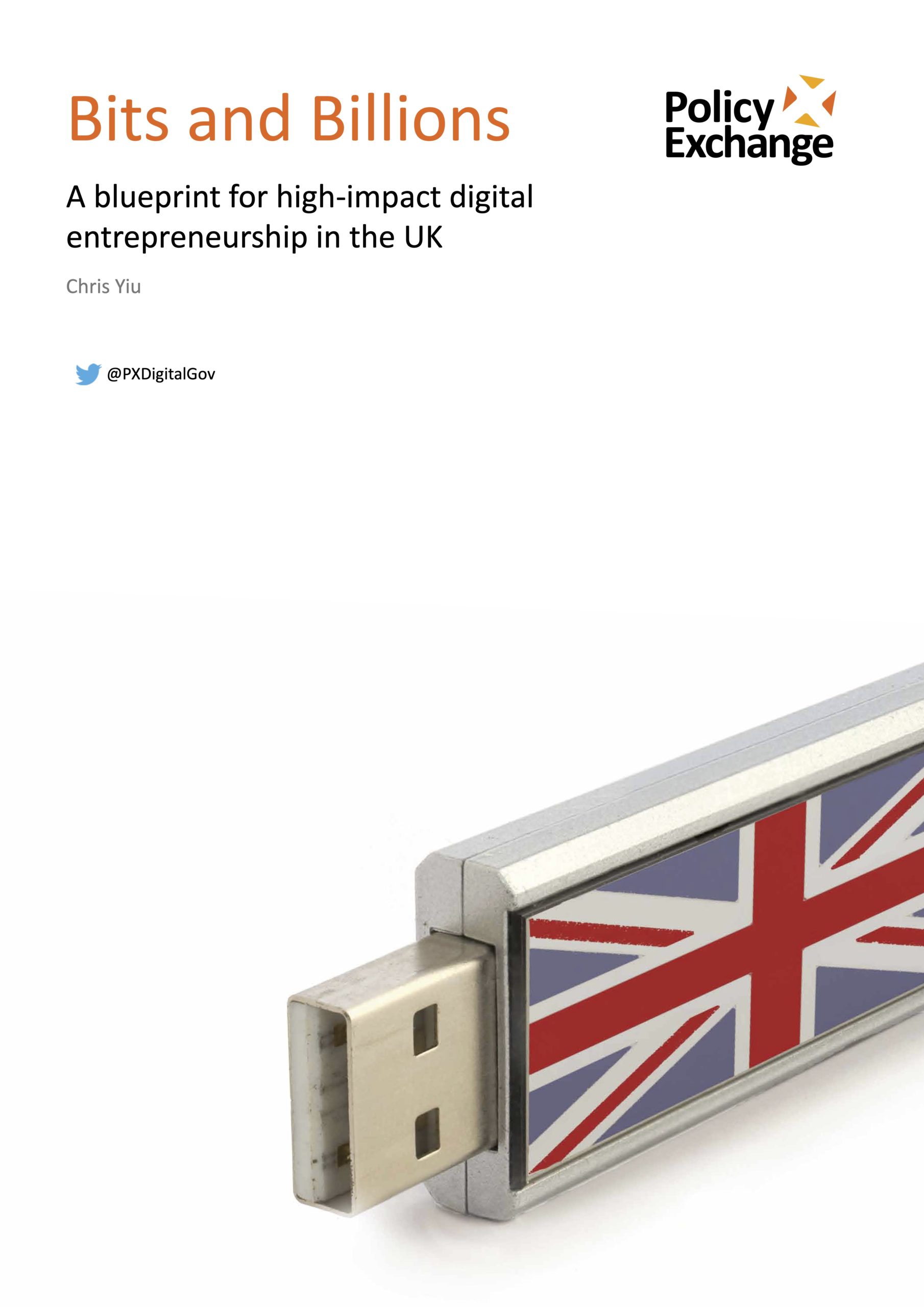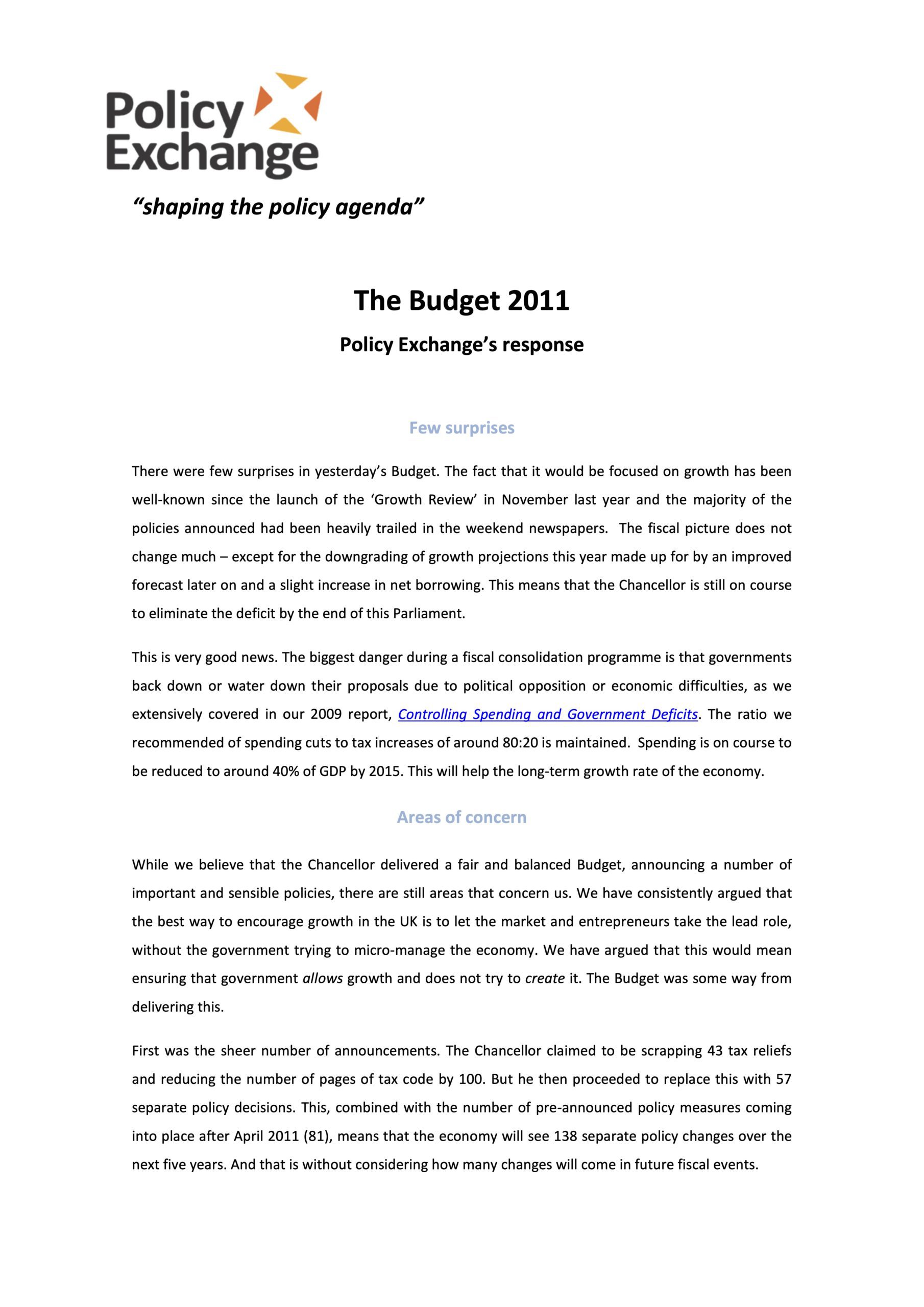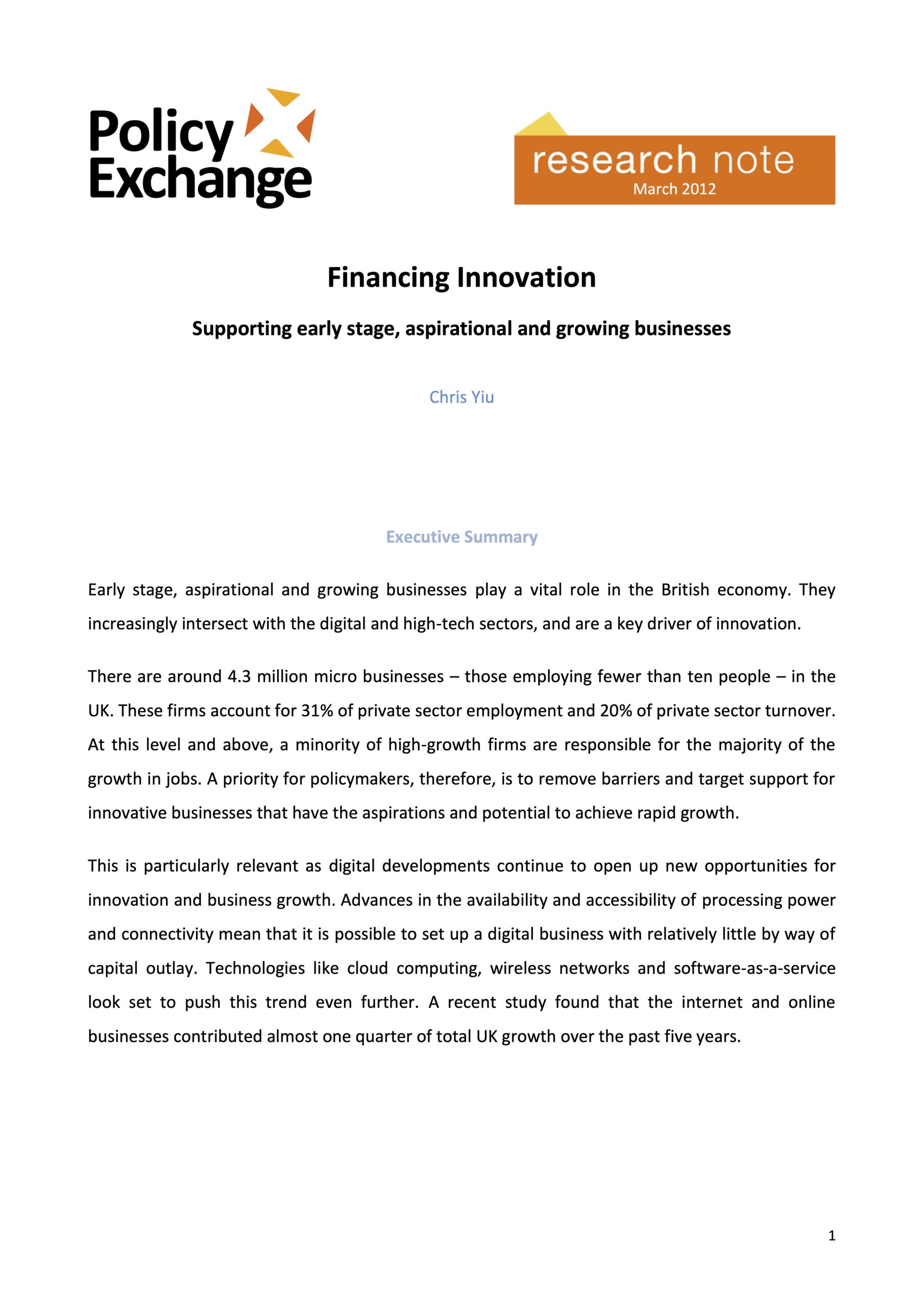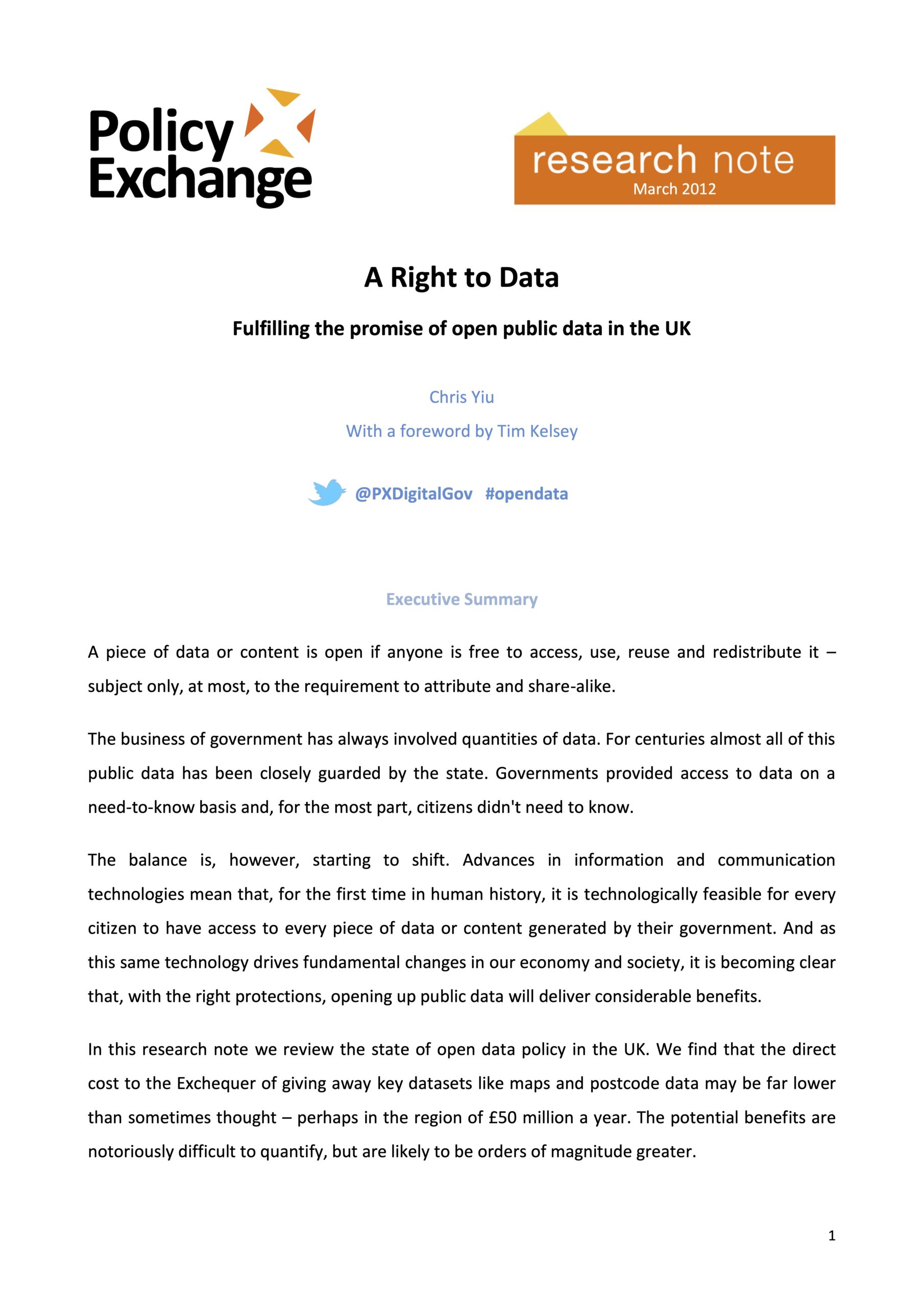Chris Yiu
Head of Digital Government, 2011-13
Chris is currently Director of Digital Participation at the Scottish Council for Voluntary Organisations (SCVO). He works across the public, private and third sectors to increase digital participation in Scotland and to build digital capability in the third sector.Chris Yiu was Head of the Digital Government Unit at Policy Exchange from 2011-13, where he led research on public policy and technology, data and the internet. Before joining Policy Exchange he worked as a civil servant at HM Treasury and the Prime Minister’s Strategy Unit, and as a consultant at McKinsey & Company. He holds a first class degree in economics and a master’s degree in economics and finance, both from the University of Cambridge.Authored Publications
Smaller, Better, Faster, Stronger shows how government could save as much as £70 billion by 2020 if it adopted plans to eliminate paper and digitise its activities, work smarter with fewer staff in Whitehall, shop around for the best procurement deals, and accelerate the use of data and analytics.
The Superfast and the Furious argues that politicians have become overly focused on broadband speeds. Instead the government should focus on helping the 10.8 million people not online and do more to help small businesses make the most of the opportunities presented by the internet.
The UK has enormous potential to be a world-leader in the high-tech and digital economy, but it is tough for start-ups to find enough coders, designers and other highly skilled staff. Bits and Billions looks to the United States, especially California which is home to nearly half of the top 100 digital start-ups in the world, for lessons for UK policymakers.
The Big Data Opportunity shows that better use of data, technology and analytics could help the government save money by improving efficiency rather than reducing service levels. Applying cutting-edge data and analytics in the UK public sector could generate potential savings of up to £16–£33 billion a year.
Financing Innovation argues that the government should concentrate efforts on removing barriers for innovative small businesses by allowing them to bypass all the current complexity on charges, reliefs, rates and exemptions and instead deal with a simple flat tax.
A Right to Data says that all non-personal data held by the public sector should be made available to the public for free. Opening up public data so that it can be linked, analysed and made useful could provide a huge economic and social boost, with some estimates suggesting that the upside for the economy could run into the billions of pounds.
Chris Yiu, Head of Digital Government at Policy Exchange, sets out the main arguments of our recent paper Smaller, Better, Faster, Stronger. By leveraging technology, data and the internet, the government could do more with less, leading to cumulative savings of around £70bn by 2020.
Chris Yiu, Head of Digital Government at Policy Exchange, urges policymakers to seize upon the recommendations in The Shakespeare Independent Review of Public Sector Information, stressing that the proposals could hugely benefit UK open data policy and promote economic growth.
Chris Yiu, Policy Exchange's Head of Digital Government, writes arguing the digital revolution is closing on the government and that it cannot escape radical disruption of its current ways of providing services for much longer. Chris highlights our current call for evidence seeking public and professional opinions on the transition to a digital government.
Policy Exchange's Sarah Fink and Colleen Nwaodor reflect on a recent round table discussion convened by Policy Exchange's Digital Government Unit. The event explored the problem of predatory behaviour on social networks designed for children, and how this challenge might be overcome
Chris Yiu, Head of Digital Government at Policy Exchange, argues that the UK has the potential to be a world leader in the high-tech and digital economy. Chris sets out findings from Policy Exchange report Bits and Billions, arguing the government needs to make it easier for UK digital start-ups to hire overseas talent.
Chris Yiu, Head of Digital Government at Policy Exchange, argues that the UK has the potential to become a world leader in the high-tech and digital economy, but the government must change existing visa regulations to allow UK digital start-ups to hire the most talented international graduates.
Chris Yiu, Head of Digital Government at Policy Exchange, argues that the government needs to act fast to change existing visa regulations preventing digital start-ups in the UK hiring the best international graduates. Chris suggests that the UK has the potential to become one of the world's leading digital economies, but says that policymakers must adopt a pragmatic approach to skills and migration.
Chris Yiu, Policy Exchange's Head of Digital Government, sets out the opportunities big data presents for transforming the provision of public services. Chris highlights the importance in ensuring that public sector leaders and staff are literate in the scientific method and confident in using big data in order to unlock its full potential.
Policy Exchange Head of Digital Government Chris Yiu argues for making non-personal public data open by default. He identifies three main obstacles to open data in the UK: embedding the presumption to publish data, unlocking core reference data in its entirety and staying strategic.
Following the release of The Big Data Opportunity author and Head of Digital Chris Yiu outlines how the use of data could help the government increase tax revenues in a blog for Conservative Home.
Policy Exchange's Digital Government team, Chris Yiu and Sarah Fink, outline the discussion from a recent Policy Exchange roundtable 'Apps for Citizens'. The event explored what the government's 'digital-by-default' proposals for public services, coupled with the desire of external developers to innovate in the space between citizens and the state, means for public policy?

